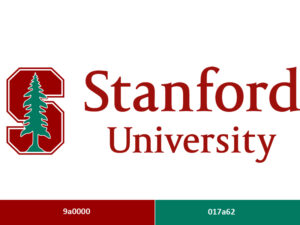At the invitation of Professor John Ioannidis of METRICS Meta-Research Innovation Center, Marek Kwiek held an invited seminar at Stanford University (the USA), on March 7, 2024.
Lecture and seminar: “Gender Differences in Leaving Science Forever: A Longitudinal, Cohort-Based Study of 2.2 Million Scientists”
The lecture can be watched here: https://www.youtube.com/watch?v=W5KReNyf5T8&t=91s

Abstract:
In this presentation, the scale of leaving academic science in 38 OECD countries is explored: how attrition differs across genders, disciplines, and over time. The details of careers of STEMM scientists who started publishing in different points in time (11 cohorts between 2000 and 2010, N=2,127,803) are examined. Survival analysis shows that attrition is currently amazingly high, and on the rise – after two decades, only 30% of scientists stay in science i.e. they keep publishing. However, probabilities are ever less gendered over time. The usefulness of global bibliometric datasets are tested, and new opportunities to explore careers globally and longitudinally are shown.
Bio:
Professor Marek Kwiek is UNESCO Chair in Institutional Research and Higher Education Policy, University of Poznan, Poland (https://ias.amu.edu.pl/director/). His research area is quantitative studies of science (globalization, academic profession, and international research collaboration). His recent monograph is Changing European Academics: A Comparative Study of Social Stratification, Work Patterns and Research Productivity (Routledge, 2019). He spent three years at North American universities, including the University of Virginia and UC Berkeley. He was also a Fulbright New Century Scholar (2007-2008) and a Professorial Visiting Fellow at the UCL London (2012-2013). Currently, he is a Visiting Researcher at the German Center for Higher Education Research and Science Studies (DZHW), Berlin. As a Principal Investigator, he attracted 3 million USD in research funds for his teams. A Fellow of the European Academy of Sciences and Arts (EASA) in Salzburg and Academia Europaea in London.


